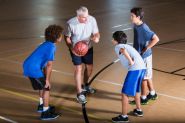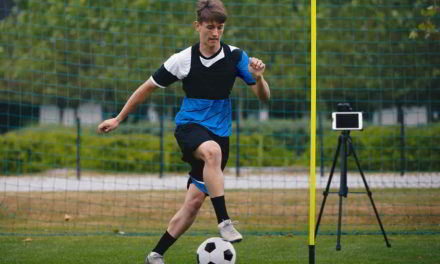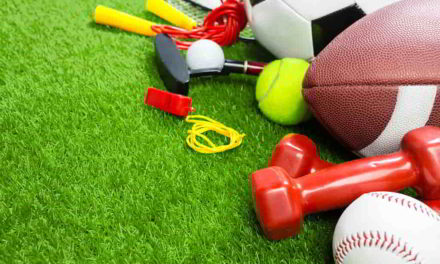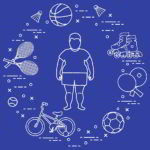Last week, Ofsted released their report on competitive school sport: Going the extra mile: Excellence in competitive school sport. 45 schools were visited as part of the study: 10 independent schools identified for their good reputation in developing a good level of competitive sport, and 35 state schools.
The report is the result of PE lesson observations, collected data, interviews with staff and students and the results of online surveys taken by staff and students.
The report states that independent schools produce proportionally more elite athletes than maintained schools. The foreword from Sir Michael Wilshaw asserts ‘it is not resource that is the key to independent school success but attitude’. The study asserts:
‘Overall, independent schools are producing far more elite athletes across a range of sports than we would expect given the proportion of the population in England that they actually educate. This indicates that these schools are more effective at recognising, supporting and nurturing sporting talent than maintained schools and academies’.
Emphasis is placed upon the perception of competitive sport. The report emphasises the importance of schools recognising the wider benefits of competitive sport, such as enriching the student experience, developing the ‘whole person’, values such as discipline, resilience and commitment and high standards of behaviour and attitudes such as respect and working as a team.
Some of the issues raised within the document and examples of good practice included:
- Recognising the importance of competitive sport in building a strong school ethos, culture and identity
- Having high expectations placed on students and staff to participate in competitive sport
- Placing value on competitive sport by headteachers and governors
- Developing and maintaining a school’s sporting traditions with access to people, time and facilities
- Employing well-qualified coaches to work alongside teachers in lessons and to coach school teams
- Not simply focusing on raising participation but also on achieving high standards of performance
- Teachers of academic subjects also volunteering time to developing fitness sessions or running school teams
- Providing a wide range sport for children of different abilities and interests but also choosing a select few to specialise in
- Recognising talent early and nurturing it through steering pupils into extra-curricular sport
- Establishing strong connections between schools and outside local and professional clubs
- Providing regular opportunities to take part in competitive sport both inside and outside of school time
- Celebrating and rewarding success through awards such as trophies and certificates and placing high importance upon this throughout the school with displays and mentions in assemblies
- Partnerships between primary and secondary schools
Geoff Barton, headteacher at King Edward VI School in Suffolk, featured on the TES Opinion blog on Monday, contesting the report on a number of grounds, including the fact the report bases its argument upon 10 independent schools and 35 state schools – a number insufficient to authoritatively sum up ‘the state of school sport’.
NUT deputy general secretary, Kevin Courtney, has also expressed dissatisfaction towards the document as reported by the BBC:
Teachers already put in the ‘extra mile’ for students, often working up to 60 hours a week, many take on extra-curricular activities.
It is not teachers who are the barrier to a good sports education in schools but a lack of support, resources, funding and facilities. Those are the areas Ofsted should have been looking into with this report.
What are your views on Ofsted’s report on competitive school sport? Let us know in the comments below!










